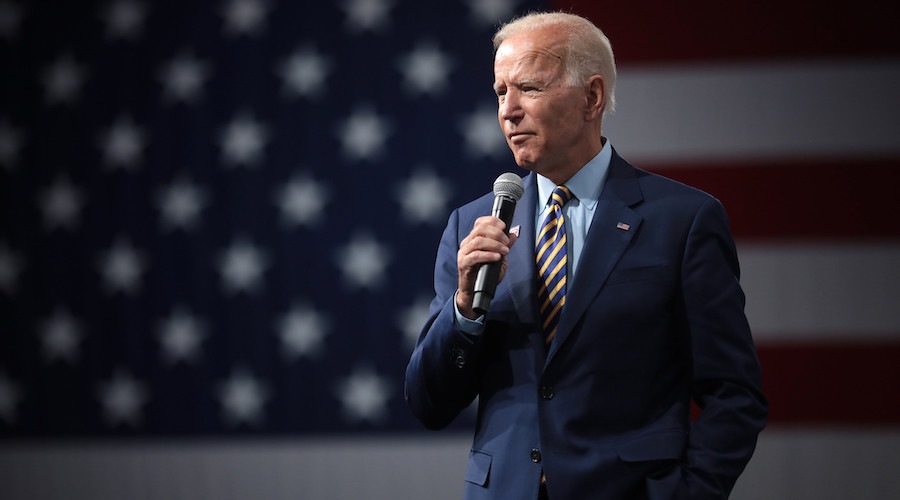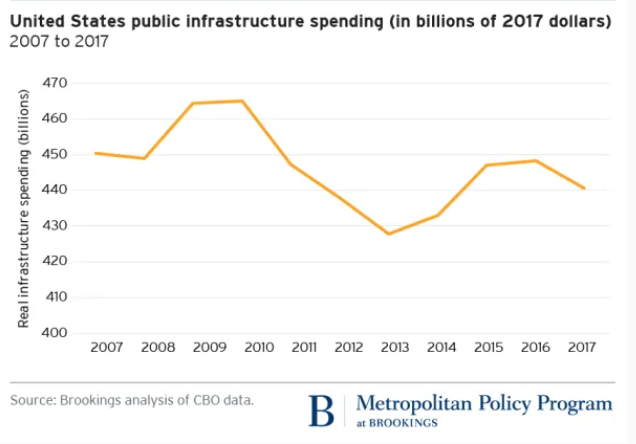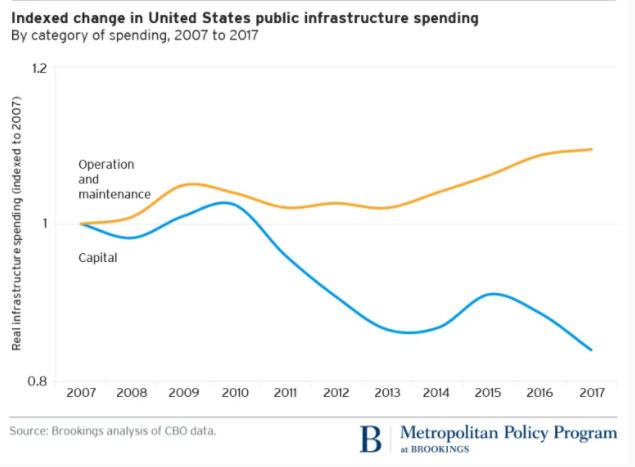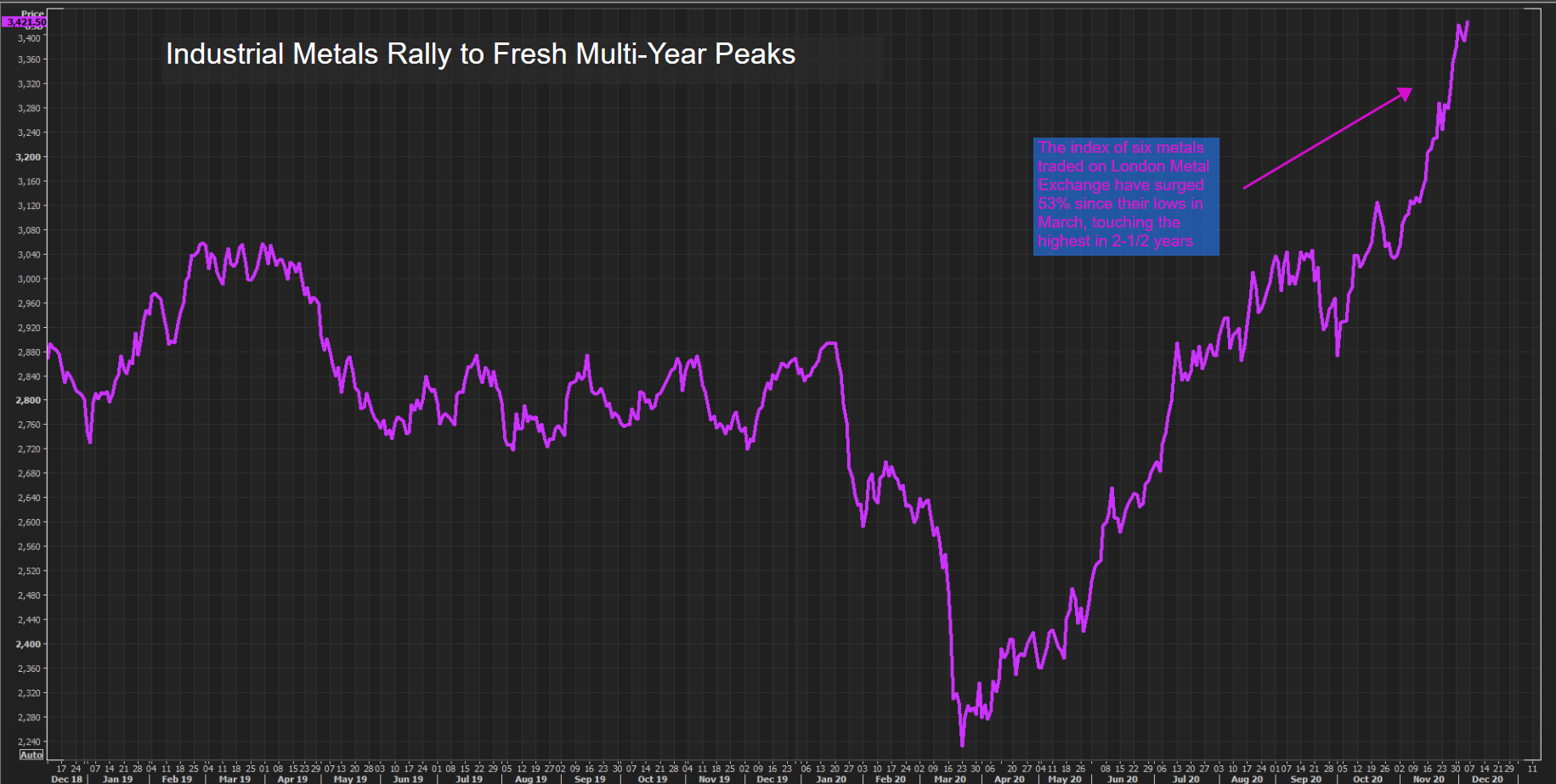Biden infrastructure plans will prop up base metals markets

Plans by US President-elect Joe Biden to spend $2 trillion on infrastructure are expected to underpin metals prices in the coming months as the world’s biggest economy moves towards greener policies that are metal-intensive.
While an infrastructure spending package is debated and implemented, Biden’s policies are also expected to spur the private sector to accelerate plans to cut carbon emissions.
“People are saying it’s a replay of the supercycle when China started its infrastructure roll-out from 2000. This could be a repeat of that with the green revolution in the EU and Biden’s green plan in the US,” said independent consultant Robin Bhar.
There is widespread agreement that US infrastructure has been neglected, with public spending falling by about $10 billion in the decade to 2017, the Brookings Institution, a Washington-based thinktank, said.
That opens the way for a potential compromise even if Congress is split between Biden’s Democrats and the Republicans, analysts said.
Industrial metals prices have touched successive multi-year highs on a mixture of drivers – an economic rebound in top metals consumer China, positive news on covid-19 vaccines as well as expectations of Biden’s spending.
Biden’s plans are wide-ranging and most will be subject to approval by Congress, but there are some executive orders that he could implement quickly, such as rejoining the 2015 Paris climate change accord.
“Biden’s $2tn proposed green stimulus would undoubtedly be positive for metals demand… (but) the election outcome means our base case view is that Biden will have to rein in his green spending ambitions,” said Jumana Saleheen, chief economist at consultancy CRU.
Biden’s proposals include beefing up the electric vehicle sector with subsidies for cars, adding 500,000 new charging stations and converting 500,000 school buses to zero emissions.
Those stations and that number of battery electric buses would alone require nearly 200,000 tonnes of copper, according to Jefferies, while renewable energy requires an estimated five times more copper than conventional sources.
Biden’s plans could also attract private investment into infrastructure, including from US institutional pension and insurance investment funds that collectively hold $27 trillion, Norman Anderson, chief executive of CG/LA Infrastructure, wrote in Forbes
(By Eric Onstad; Editing by Barbara Lewis)
{{ commodity.name }}
{{ post.title }}
{{ post.date }}







Comments